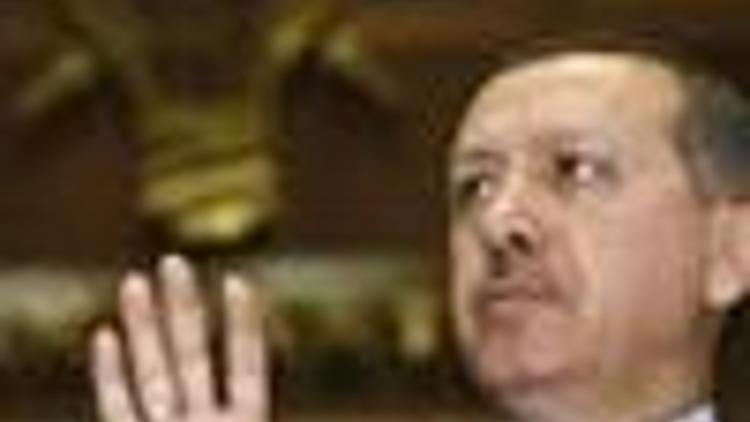Turkey's AKP forms commission to analyze reasoning in headscarf case
Güncelleme Tarihi:

Turkey's ruling AKP formed Wednesday a commission to investigate the reasoned decision in the constitutional court's ruling to annul constitutional amendments to lift the headscarf ban in universities, as Turkish parties split over the court decision.
The commission includes legally qualified deputies from the governing Justice and Development Party (AKP), which criticized the ruling.
The commission would also investigate the reasoned decision in the ruling AKP closure case, which is expected to be revealed in the coming days.
The AKP would determine a new road map after the commission prepares its report regarding both issues.
Lifting the headscarf ban harms the secularism principle and made the basic principles of the republic "nonfunctional", the
"This legislation violates the Article 2 of the constitution which defines the articles that cannot be changed or even proposed to be changed," the court said. The 2nd Article of the Turkish Constitution describes the characteristics of the republic in which secularism is included. The first three articles of the Turkish Constitutional cannot be and even proposed to be changed.
"It is decided that the amendment of Article 10 and 42 of the constitution implicitly violates the secularism principle at its essence as it would limit other people's rights and damage the public order by taking pervious verdicts of the Lifting the headscarf ban is a sensitive issue in Many fear that lifting the ban would intensify pressure on students who do not cover their heads, and pave the way for the lifting of a similar ban in high schools and government offices. PARTIES SPLIT OVER DECISION The The ruling AKP, criticized the decision, saying the decision created new "red lines" around parliament's legislative authority.� The main opposition Republican People's Party (CHP) welcomed the reasoning as an important warning for the AKP, while the Nationalist Movement Party (MHP) criticized the decision, arguing it would intensify the religious divide gripping the country. "The decision is important and interesting in terms of Turkish democracy. The court imposed new red lines on parliament's legislative authority. Parliament's authority to draft or change the constitution is left to the approval of the top court from now on. Its legislative authority was harmed," Bekir Bozdag, parliamentary group deputy leader of the AKP, told the Turkish Daily News (TDN). Bozdag said the AKP did not plan to make a legal arrangement to restrict the authority and structure of the "It has been wrong. A future possible constitutional change will now be subject to the top court's approval," Sadullah Ergin, AKP deputy, was quoted by the TDN as saying. Hakki Suha Okay, deputy parliamentary group leader of the CHP, said the court's decision justified the concerns of the CHP on the AKP's attitude to initiating radical changes in the country. "I am satisfied because the legislative power has no right to say ‘I can do everything' in a democratic country. This approach was valid 200 years ago. Everybody should respect democracy and thus the first four articles of the constitution," he said. "(The AKP) has no right to change the Mehmet Sandir, the deputy leader of the opposition MHP, criticized the decision, arguing it was likely to create a split over religion in the country. � "The decision might create discomfort in the public. The top court makes its decision in the name of the nation. We of course respect the court's decision but it is too much," he said, adding the MHP had always offered proposals regarding education problems that confront many women who wear headscarves. "Secularism should also guarantee the freedom of religion and faith of our citizens. They are because the basic elements of human rights are safeguarded by the international law," the TDN quoted him as saying.

